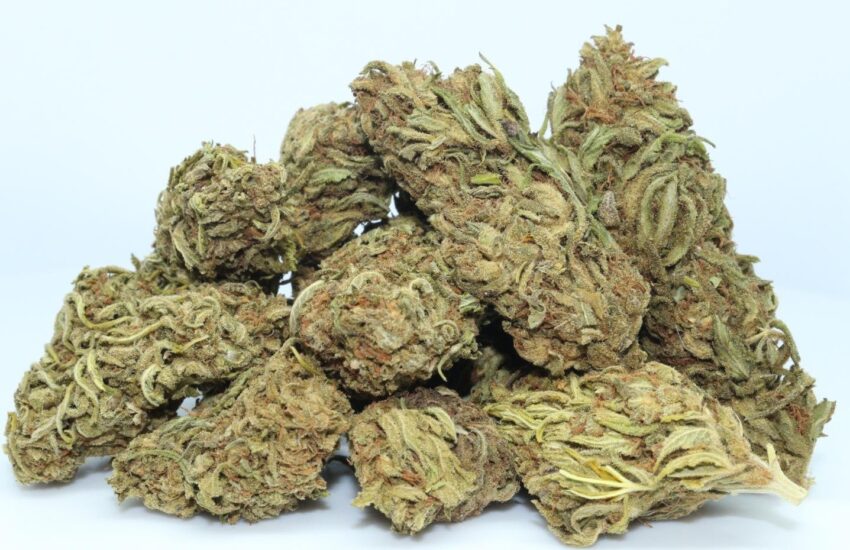Does Your Dog Need A Supplement To Enhance Health And Development?
Dogs that enjoy a balanced, complete meal plan are less in need of a regular supplement regimen. For pet parents who believe the canine can use a boost, you can incorporate some fresh vegetables and fruits into the routine for added nutrients. Find out what vitamins a dog needs for a healthy life.
How To Know If A Pup Needs Health Supplements
There is a recommended daily allowance of organic compounds each creature, human or otherwise, must have to accomplish a balanced diet and grow healthfully and normally. The body doesn’t naturally synthesize vitamins meaning animals, like dogs, and humans need to eat the foods that offer these. For dogs, there are specific vitamins essential for their well-being, including:
- Folic Acid: Protein synthesis/metabolism benefits
- Riboflavin/Niacin or B2/B3: Enzyme functionality
- Vitamin B6: Functionality of red blood cells, immune response, generating glucose, the functioning of the nervous system, regulating hormones
- Vitamin B1 or Thiamine: helps with activating the “ion channels” within the neural tissue and also works as a benefit for carbohydrate metabolism
The suggestion is that commercial dog foods mean to meet a canine’s required daily nutrition needs completely with their specific formulations as long as there is a label showing “balanced and complete.” With that label, the food is supposed to contain all the vitamins and minerals necessary for wellness and development.
But what about dogs whose parents choose to offer all-natural, homemade organically grown dog food to avoid processed store-bought options? These are genuinely great for a dog with respect to health, but you won’t supply the specific vitamins with homemade food that a dog needs nutrient-wise. A canine indulging in these foods will need supplementation.
It’s essential to explore these options with your dog’s regular veterinarian regardless of which diet he enjoys. A vet might refer you to a veterinary nutritionist who can help not only develop the best course of supplements for the pup but assess his eating plan to ensure it’s adequate. Click to learn if your dog needs supplements.
The Method For Choosing Supplements For Your Puppy
A vet is almost like a co-parent when you adopt a puppy. Each decision you make concerning the animal’s health and well-being needs to be a collaboration with the medical professional so that the result is of the greater good for the dog. Vitamin supplements are an integral part of overall health if the diet is insufficient in the right nutrients.
The veterinarian can determine which, if any, the pet will need and can help you steer away from ingredients that some herbal solutions have with the potential for interacting with medications. There’s also the very real chance a dog can have too much of a specific nutrient.
For those who have your canine on a balanced diet, complete in required nutrients with no signs of health issues, doing double duty with supplementation could be more detrimental than helpful.
You might believe your dog is receiving the optimum nutrition. Still, you recognize new behavior problems or health concerns. The medical provider can examine the pup to check for deficiencies and suggest changes to the diet and incorporate supplementation as a benefit. When the professional encourages that you supplement the animal’s diet, there are steps you should follow to ensure the best options:
- Brands Of High Standards: A top-grade brand, view page for an example, will commission clinical studies on the items they offer to their pet parents.
- Labeling On Packages: Don’t ignore the labels before buying a product, including the fine print. Pay attention to the ingredients, look to see if it has gone through studies. You’re looking for safety as well as quality.
- What’s The Lot Number: If the company utilizes quality control, this will have a designation with a lot number. Make sure the options you consider have one.
- Reputable/Trusted Brand: The brand you choose should specialize in pet products, especially vitamins, with a widespread reputation and trustworthy standing in the community.
Don’t follow a source that indicates its products are a magic pill or have the potential to cure something. That’s not what a vitamin intends. This helps corrects a deficiency bringing a shortage of nutrients back up to where the system is in balance. There’s no cure here.
- Humans Keep Your Products To Yourself: All too often, humans want to break into their medicine cabinets and share with puppies. There can be harmful effects for dogs from ingredients in these products not meant for their consumption. Don’t do that.
Pet line developers create dog products specifically to meet the needs meant for the animals’ system, bringing no harm from the pet-friendly ingredients. It’s genuinely not much different from having a baby. You can’t just reach in and pull out a product meant for an adult human and feel the effects would be safe for an infant or equate to the needs of a pup.
For the best interest of a dog’s health, the priority is to ensure you’re feeding the animal the very best food for their diet. If you have complete, balanced dog foods, there may be no need for supplements, but that’s a vet question.
A homemade diet plan is a healthy choice, but it won’t give the puppy his required daily supply of vitamins and minerals. These will need to come from supplementation. The best person to determine where the dog is deficient and how to proceed is, again, the animal’s regular licensed vet. The bottom line is ensuring the pup receives what he needs to accomplish optimum wellness and development.




